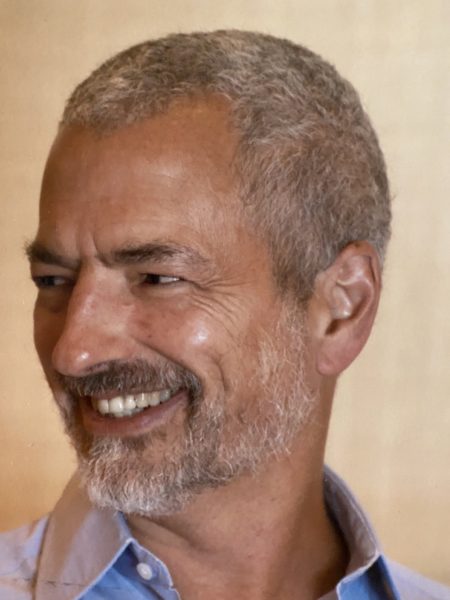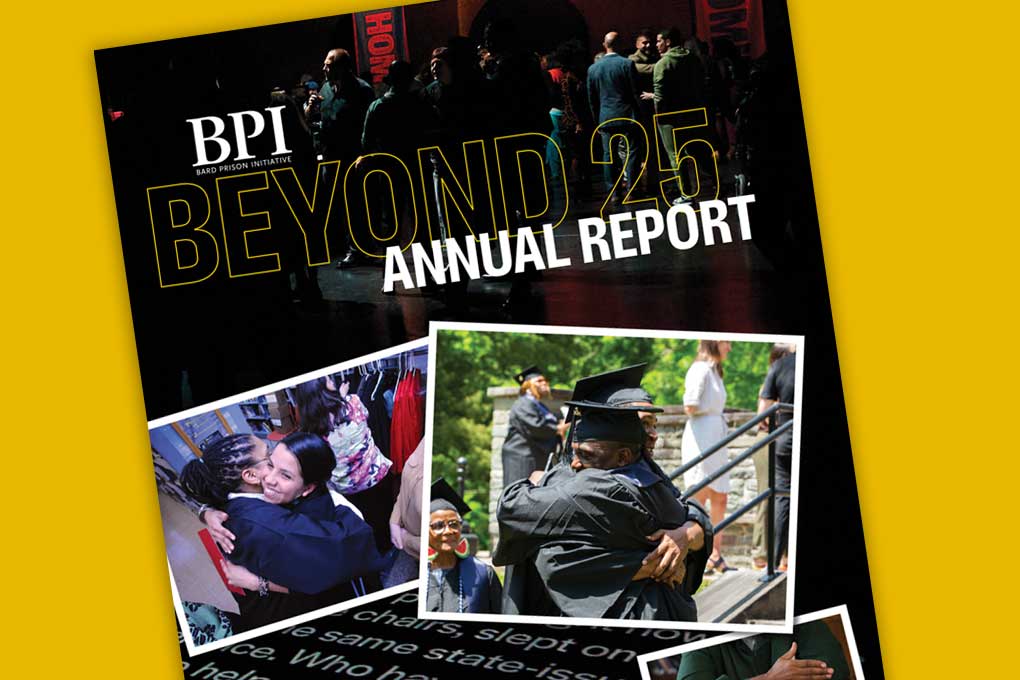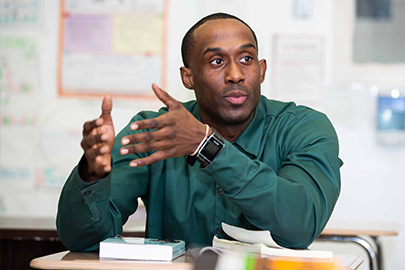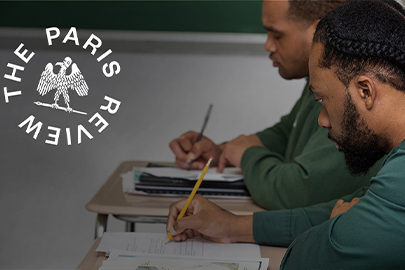
After a prolonged battle with glioblastoma multiforme, an aggressive brain cancer, we lost our friend David Kaiser last week. Only fifty years old, David leaves behind his wife, two daughters and a challenge to all of us.
At BPI, we are proud that David counted us as friends and are devastated to lose him; he was a long time supporter of our work and his wife, Rosemary Corbett, is a member of our faculty. Also, David was a wildly unusual person.
In everyday encounters, David concealed his station and privilege. His great-great grandfather was John D. Rockefeller and David was an heir to the Rockefeller legacy, its fortune and influence. Despite that, he was particularly humble and self-effacing. David lived with a rare determination to make the most of his place in the world, not just for himself or his family, but for the most vulnerable among us and for future generations.
In criminal justice, David’s first legacy is his role in the extraordinary success of Just Detention International (JDI)— the preeminent institution combatting sexual abuse of incarcerated people. For decades, Americans of all sorts assumed the rape of incarcerated people was some kind of unobjectionable inevitability. In popular culture, these sexual assaults were the frequent subject of jokes. In the United States, JDI was instrumental in the creation of the Prison Rape Elimination Act (PREA): bipartisan legislation that helped leaders and the federal government, begrudgingly, acknowledge the humanity of incarcerated people.
Ultimately, David’s greatest public contribution was his example for others of privilege. In 2016, David led a direct confrontation with ExxonMobil, a successor of Standard Oil, the company from which his family’s wealth is derived. Naming the “morally reprehensible conduct” of ExxonMobil, David confronted the global behemoth and also the family legacy he had inherited. His efforts were dramatically influential in the fight against climate denialism. Meanwhile, the willingness to address the means through which one’s own family became wealthy is not a trend that has caught on in philanthropy, but it is an example of what personal responsibility might look like for those on the happier side of the chasm of inequality in the 21st century.
Objecting to sexual violence or generational betrayal should not require courage. Nor should acknowledging the nature of one’s own place in the world. But, apparently, those qualities are rare enough to be exceptional. David Kaiser exhibited courage, took risks, got results, and required little credit.
We are heartbroken to lose him and will be worse without him.



